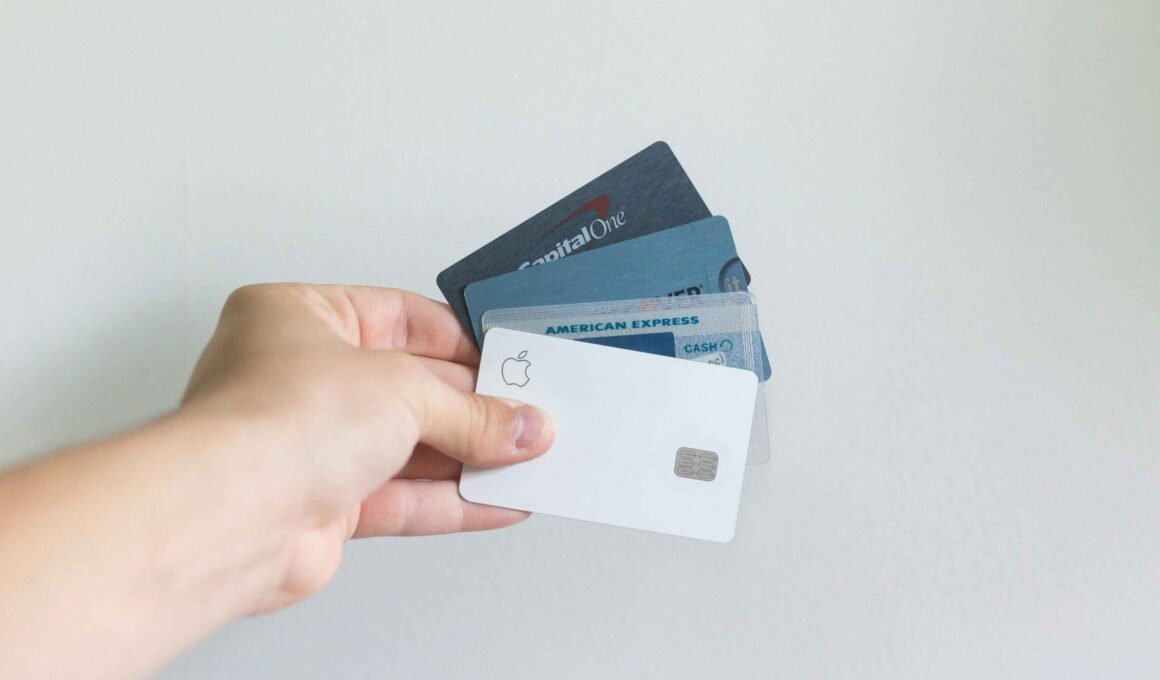As a young adult, you have to face several new challenges in life that you may not have thought about before.
Maintaining and improving your credit score is one of these gauntlets. But exactly why should you care, you ask? Here’s a quick explainer:
With a high credit score, you can reap rewards like low interest rates and better loan terms, while also getting favorable premiums from insurance companies.
This can also help you get a leg up in rental applications and employment hunting. In turn, you must pay attention to this part of adulthood.
To help you navigate this financial maze, here are top credit score hacks for young adults like you.
Learn How Credit Scores Work
It’s important to take a look at one of the financial facts that should be taught at schools and understand how credit scores work in the first place.
Simply put, credit scores are calculated through different methods, with FICO® being the most popular.
This score ranges between 300-850, with 670 and above falling in the “good” to “excellent” range. To gain the most benefits, your score should be above 800.
Check Your Credit Report
If you already have a credit card or student loan in your name, you should check your credit report as soon as possible.
This gives you an overview of your financial standing and allows you to plan a course of action for improving and maintaining your credit score.
You should also make it a habit to check your report at least once a year.
Maintain a Low Credit Utilization Ratio
You should avoid using more than 30% of all of your approved credit.
This means that if you have one credit card with a credit limit of $1,000 and a credit line with a limit of $1,000, your total utilization between both accounts should be no more than $600.
You can use a financial wellness app to stay on top of this requirement.
Pay Off Credit Card Balances in Full
If you want to keep your credit utilization low, you may want to pay off your credit cards whenever possible.
But instead of closing them, you can use them to improve your credit score over time by lowering your credit utilization.
This can also be a good way to have some emergency funds in place instead of taking out predatory payday loans.
Establish a Good Credit Mix

If you want to reduce your total loan cost, it’s essential that you have a high credit score.
By getting a good “credit mix,” which is at least one installment account like car loan and one credit account like line of credit, you can improve your credit score.
This way, you can fulfill a major component of credit score maintenance.
Don’t Let Your Debt-to-income Ratio Climb High
Your debt-to-income ratio calculates how much debt you have against how much you earn a month.
To get this ratio, you need to divide your monthly total debt payments by your gross monthly income.
In any case, your debt-to-income ratio should not go above 35%. For better financial management, you can depend on tools like a savings goal app.
Make Your Payments on Time
This is perhaps the easiest way to improve your credit score, but it is also one of the most effective methods to do so.
When you make your monthly payments on time, it shows financial responsibility and helps increase your credit score month-by-month.
Whether you want to get student loans for pharmacy school or law school, you should keep this tip in mind.
Don’t Close Your Oldest Account
Once you close your oldest credit account, it lowers your credit history age which is determined as an average of all of your credit accounts.
That is why, you should steer clear of this practice whenever possible.
But if your oldest account comes with incredibly high interest rates or other charges, you may want to consider the advantages and disadvantages of this action.
Avoid Applying For Credit You Don’t Need
When you apply for credit, it initiates a “hard inquiry” into your credit report that stays on it for up to two years and affects your credit score typically for one year.
Due to this reason, you should avoid applying for credit you don’t need.
Instead, you can turn to methods like putting spare money into a high-yield savings account.
Following these simple tips can set you on the right path to financial wellness and build a credit score you can be proud of in the future.
This can help you across various avenues and make your life easier.
Awesome one; I hope this article answers your question.
Editor’s Recommendations:
- Top Spelling Courses For Adults (Perfect Your Spelling)
- 11+ Gym Instructor Courses (Teaching Fitness Made Easy)
- Online Assessments: The Key to Efficient and Effective Testing in Universities
- The Growing Need for Pharmacists: Why Should College Students Pursue It
- 11 Best Computer Courses For Kids (Reasons, FAQs)
If you find this article good, please share it with a friend.




